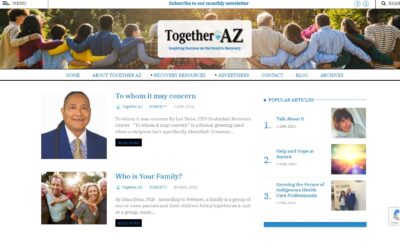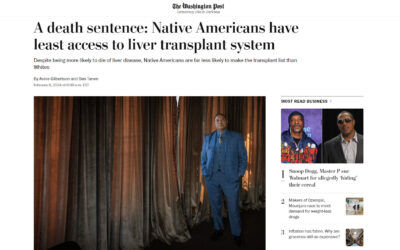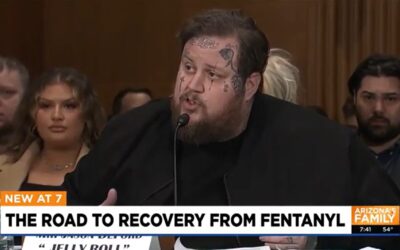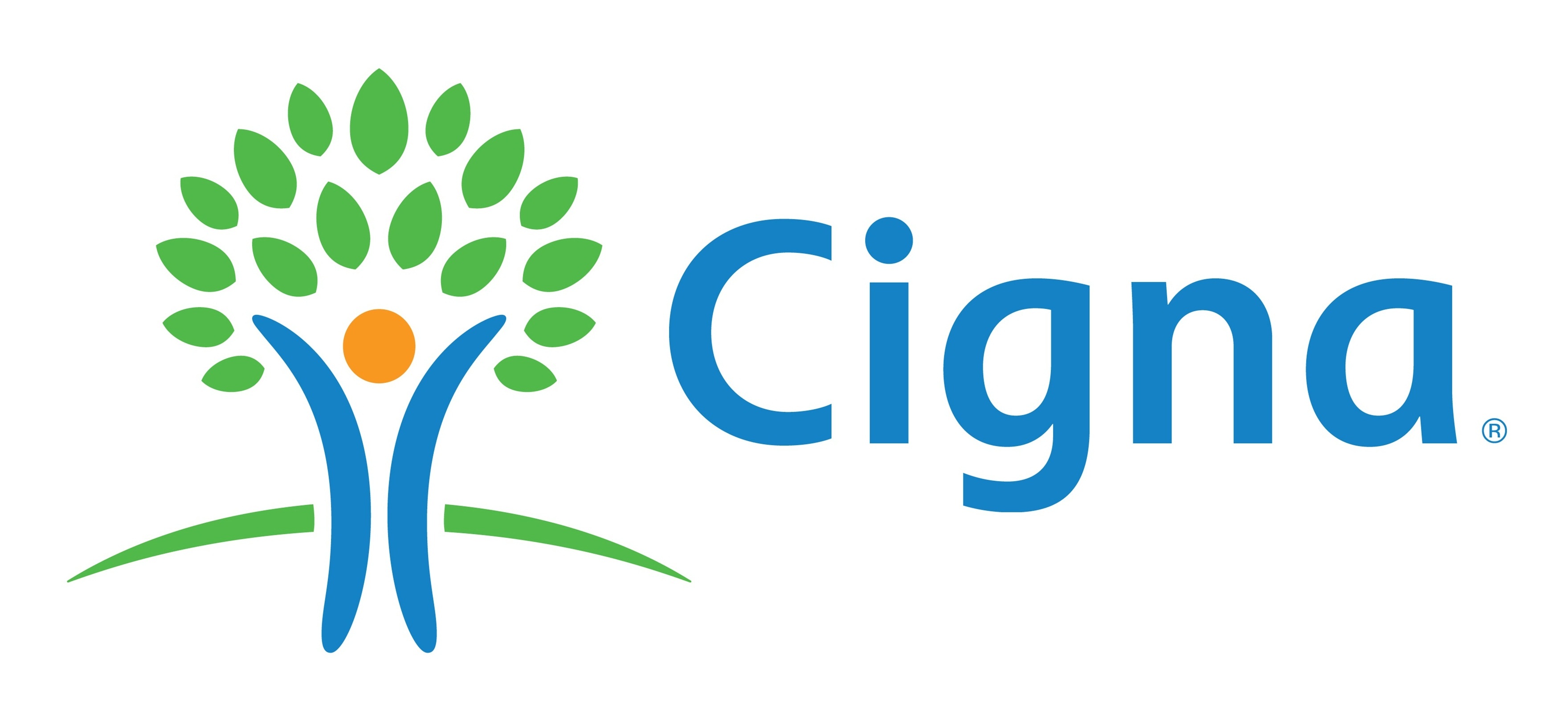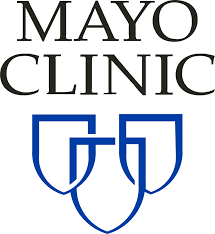Arizona’s Premier
Addiction Treatment
& Detox Facility
Reconnect. Rebuild. Recover.
Arizona’s Leader in Inpatient and Outpatient Drug Rehab, Alcohol Addiction Treatment, and Medical Detox. Serving People Struggling With Drug and Alcohol Addiction Nationwide Since 2009.
SRC® IN THE MEDIA
To Whom It May Concern: Lee Yaiva Article for Together AZ Magazine
"To whom it may concern” is a formal greeting used when a recipient isn’t specifically identified. However, if you are reading this, chances are...
A death sentence: Native Americans have least access to liver transplant system – Lee Yaiva, SRC In the News
Native Americans are far less likely than other racial groups to gain a spot on the national liver transplant list, despite having the highest rate...
Jelly Roll + Road to Recovery From Fentanyl: Scottsdale Recovery on 3TV
Jelly Roll delivers impassioned testimony before Congress as lawmakers push for new anti-fentanyl legislation Grammy-nominated singer Jason DeFord,...
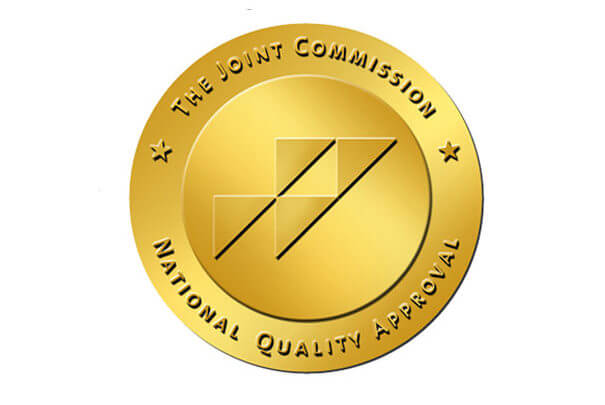
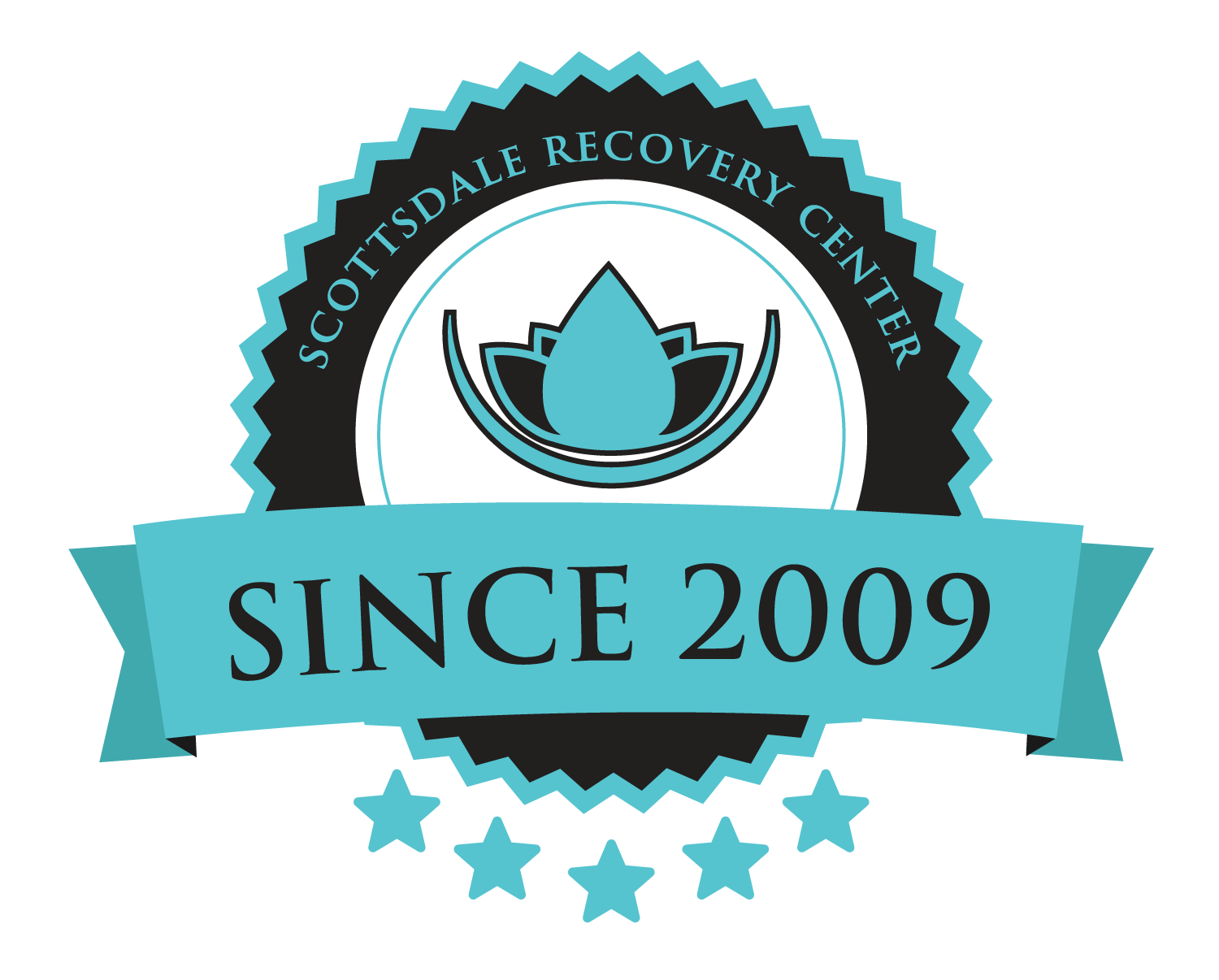


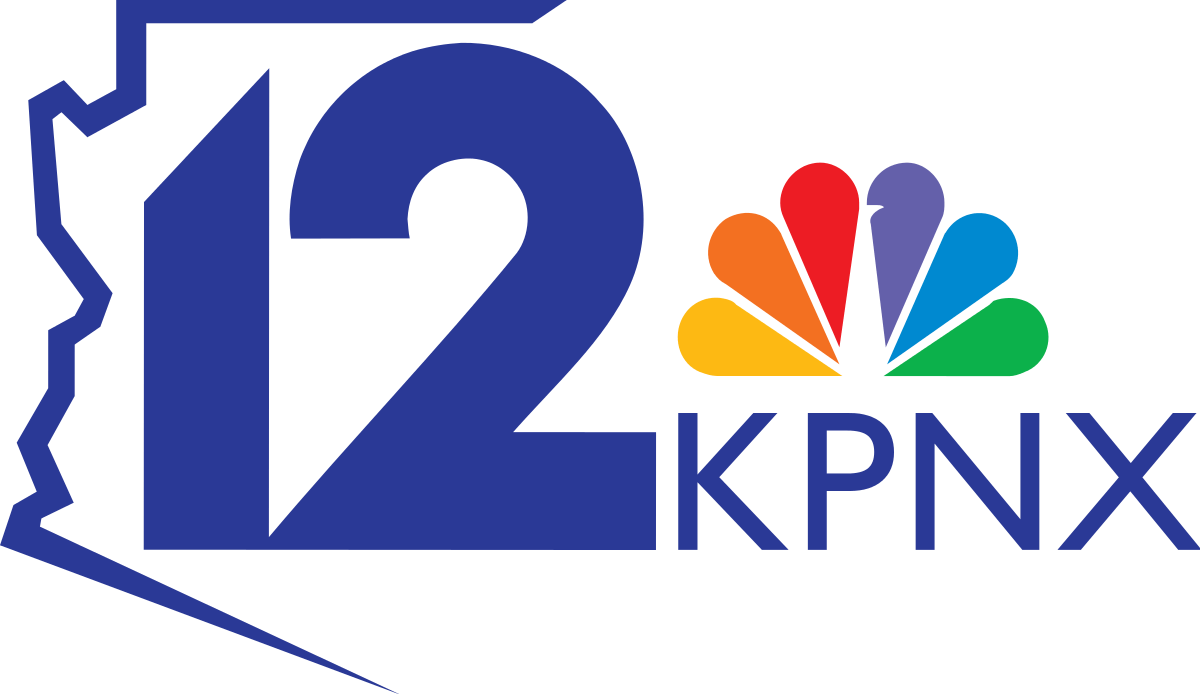
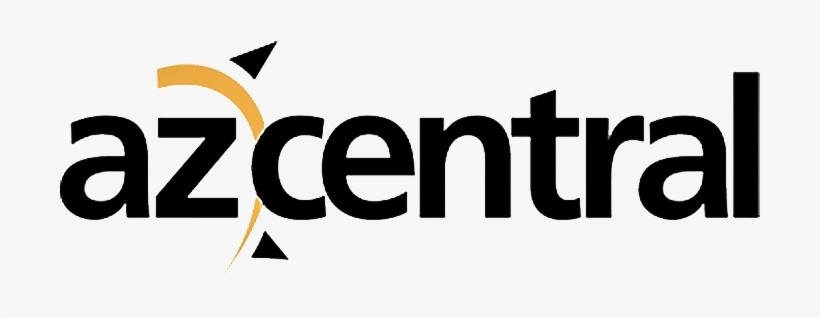



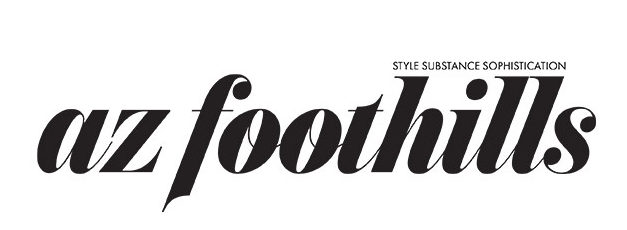








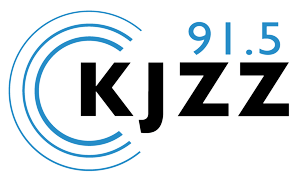











Scottsdale Recovery Center: Our Mission
Scottsdale Recovery Center is a beacon of healing and hope for those who struggle with addiction; offering support and education to their families and a lifeline of services to the community in which they live.
Our Facilities Provide The Highest Level of Comfort
Making our clients comfortable is our top priority. Our state-of-the-art treatment and detox facility provides maximum levels of comfort while you go through our drug and alcohol treatment programs, then begin your new life in recovery. Our accommodations in Scottsdale and Phoenix are dedicated to making sure you only need to focus on rebuilding your life free from drugs alcohol; we’ll handle the rest.
PPO Health Insurance Accepted
Medical Detox • Residential Treatment • Outpatient Treatment • Medication Assisted Treatment
JUST A FEW OF THE MANY INSURANCE PLANS WE WORK WITH
IN THE WORDS OF
PAST CLIENTS, LOVED ONES & PROFESSIONALS
Success Stories at Scottsdale Recovery Center
Get ready to experience sobriety and life on a whole new level – get ready for a life totally redefined… and it all starts at Scottsdale.
Recovery Center!
602.346.9142 AVAILABLE 24/7


